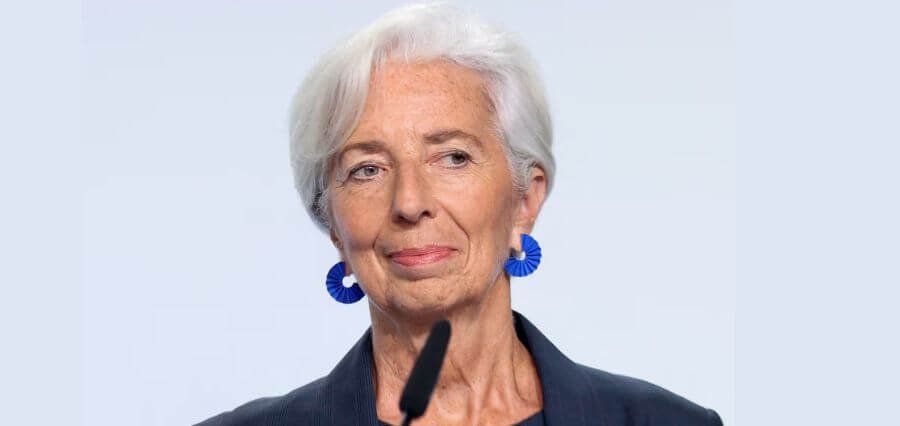ECB President Christine Lagarde, who recently observed disinflation in the eurozone and took a conservative and fact-based approach to future interest rate cuts, also had a gentle question from Frederick Kempe, President and CEO of the Atlantic Council. Here she stated that the decisions of ECB’s monetary policy would continue to depend on further economic data and thus reinforced caution before estimating the economic ground.
Lagarde concurred that a disinflationary trend is underway and there is a scope to alleviate the tight monetary policy while cautioning for circumspection. Going in line with this sentiment is the recent cut in interest rate by ECB in June, September, and October. But Lagarde brushed aside talk of a prescribed plan for more cuts, saying “We do not have a linear systematic sequence.” That appears to mean the ECB’s decision-making will be ad-hoc and case-by-case.
Meanwhile, in Washington D.C., European Central Bank Chief Economist Philip Lane spoke at the 2024 IIF Annual Membership Meeting. A guarded optimism regarding eurozone economic growth, Lane never forgot that recent data was a concern regarding growth, yet he insists “strong wage growth” is not only a strong indicator of ongoing disinflation but also robust economic recovery remaining within plausible expectations.
Lagarde also referred to issues of European competitiveness in broader terms, not least being a very significant gap in productivity relative to the United States. She underlined that US productivity has risen by 50% between 1995 and 2020, while Europe’s productivity has risen just 28% over the same period. Lagarde underlined that Europe needs to improve productivity, specifically through fast technological uptake. “When you look at the gap between 50% and 28%, you see that a lot of that results from the tech sector,” she remarked.
High energy costs were considered another important reason behind less competitiveness by Europeans. She said that energy prices are two to three times higher in Europe than in the U.S. The most compelling solution to this problem would be fast decarbonization. Investments now in the right direction may reduce energy costs in the future, hence eventually paying for them.
Lagarde emphasized the need to respond to the challenge of digitalization with the affirmation that Europe lags far behind the U.S. and China in terms of portfolio investment, which are critical for spurring high-tech innovation. She again repeated her call for a capital union to align the financial systems of the eurozone, as well as promote capital flows – of utmost importance for further digitalization and productivity growth.
Read More : Click Here


